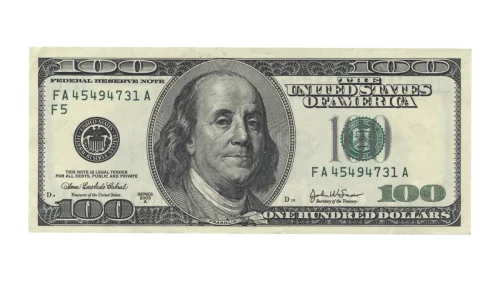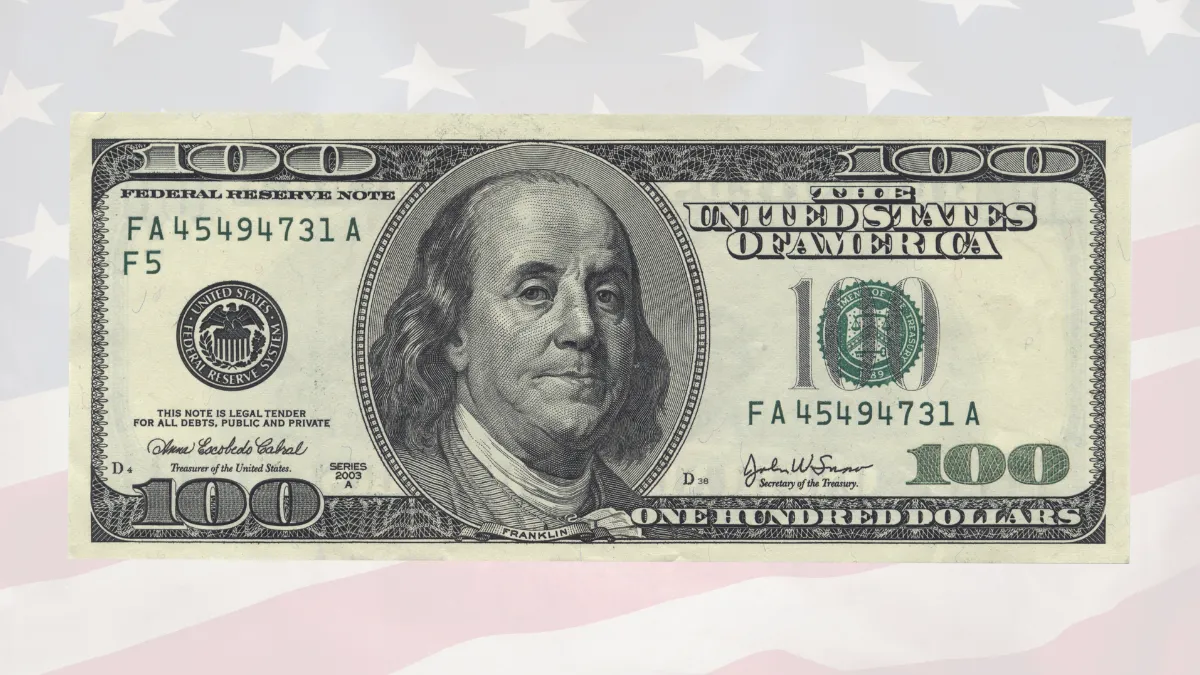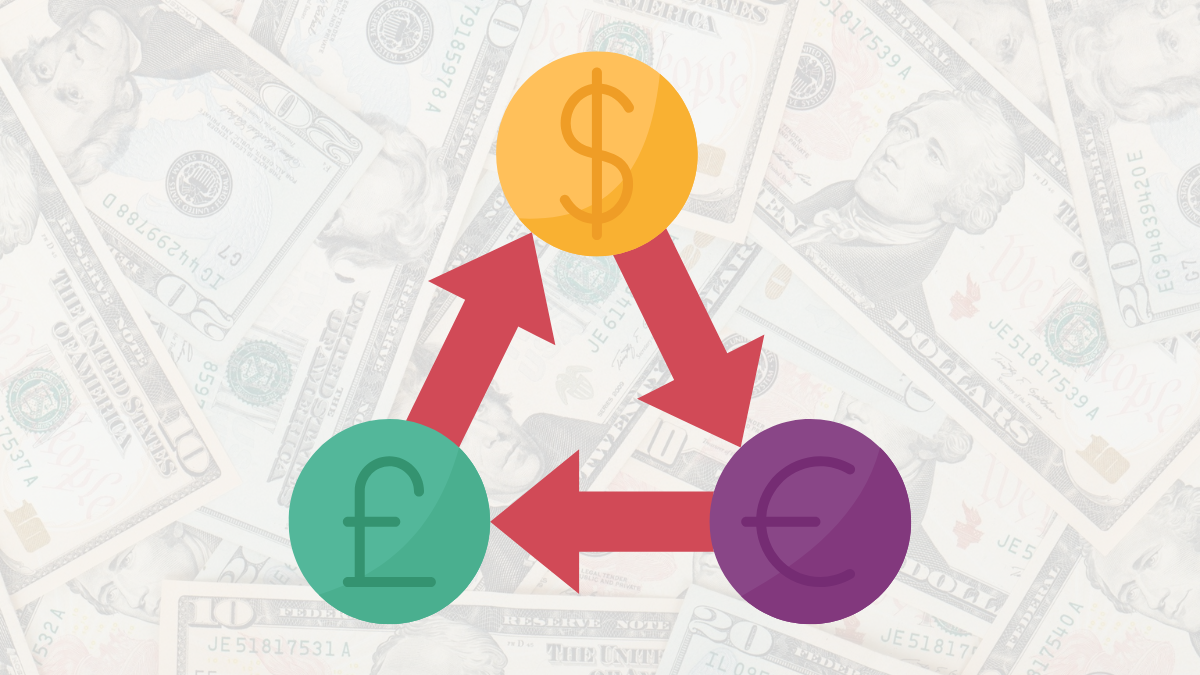The Role of the Global Dollar
The Dollar as the Global Dominant Currency
Since the end of World War II, the dollar has firmly occupied a central position in the global monetary system. The dollar is not only the national currency of the United States but also the most commonly used currency in international trade and financial transactions. The global status of the dollar comes from its widespread use in international trade, foreign exchange reserves, and financial markets. This status gives the dollar significant influence in the global economy.The Importance of the Dollar in Global Trade
Many instruments and services, especially oil and commodities, are often priced in dollars. This means that even without direct economic ties to the United States, many countries still need to hold dollars to pay for these instruments. This phenomenon is known as "dollarization," which causes the global economy to rely on the stability of the dollar to some extent. Due to the dollar's position as the primary trade currency, its demand in the global financial system remains consistently high.The Dollar as a Global Reserve Currency
The dollar is the currency with the largest foreign exchange reserves in the world, and central banks of various countries consider it a major component of their foreign exchange reserves. This situation enhances the global influence of the dollar and makes it a safe-haven currency in times of financial crises or economic instability. Governments and central banks often buy or hold more dollars during periods of market volatility or increased economic uncertainty, further solidifying the dollar's dominant position.
The Dollar's Role as a Safe-Haven Currency
During times of turmoil or uncertainty in global markets, investors often shift their funds to the dollar and other assets considered safe. This inflow of safe-haven capital can lead to strong performance of the dollar during global financial crises. The dollar's safe-haven function is reflected not only in the foreign exchange market but also affects the prices of bonds and other international assets.Challenges to the Dollar's Global Influence
Although the dollar's dominant position in the global economy has endured, it faces challenges from other currencies, such as the euro and the renminbi. Particularly during changes in domestic economic policy in the United States or heightened geopolitical risks, the influence of these currencies may increase. However, due to the long-term stability and liquidity of the dollar in the global financial system, it remains a cornerstone of the international monetary system.
Hi, we are the Mr.Forex Research Team
Trading requires not just the right mindset, but also useful tools and insights. We focus on global broker reviews, trading system setups (MT4 / MT5, EA, VPS), and practical forex basics. We personally teach you to master the "operating manual" of financial markets, building a professional trading environment from scratch.
If you want to move from theory to practice:
1. Help share this article to let more traders see the truth.
2. Read more articles related to Forex Education.
Trading requires not just the right mindset, but also useful tools and insights. We focus on global broker reviews, trading system setups (MT4 / MT5, EA, VPS), and practical forex basics. We personally teach you to master the "operating manual" of financial markets, building a professional trading environment from scratch.
If you want to move from theory to practice:
1. Help share this article to let more traders see the truth.
2. Read more articles related to Forex Education.





